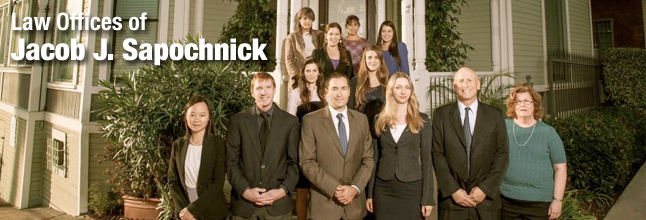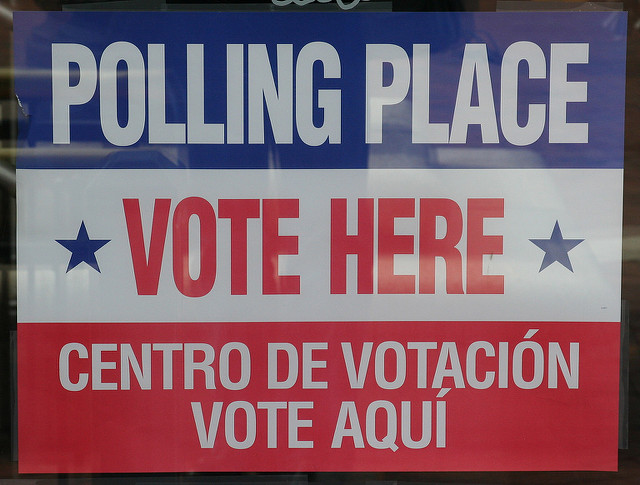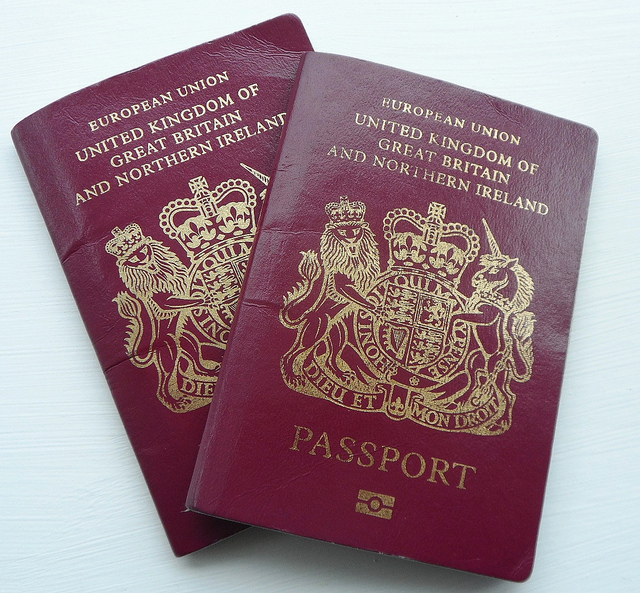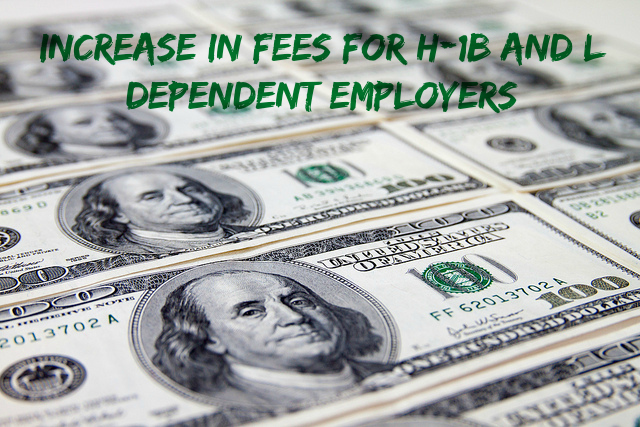 During November 2015, a couple came to our office seeking legal assistance, after having filed the adjustment of status application on their own, and attending their initial green card interview without legal representation. The couple visited our office seeking legal representation for their second interview before USCIS, also known as the ‘STOKES’ interview. At the conclusion of their initial interview, the couple were given a request for evidence by the immigration officer. The Request for Evidence asked the couple to prove that the Beneficiary entered the marriage in good faith, and not for the purposes of evading the immigration laws of the United States. The couple responded to the Request for Evidence, providing documents in support of their bona fide marriage, to establish that they did indeed enter the marriage in good faith. In their response, the couple provided 21 items of evidence including photographs together, lease agreements as proof of cohabitation, and other bona fides such as joint utility bills and affidavits from the Petitioner’s parents, attesting to the couple’s bona fide marriage.
During November 2015, a couple came to our office seeking legal assistance, after having filed the adjustment of status application on their own, and attending their initial green card interview without legal representation. The couple visited our office seeking legal representation for their second interview before USCIS, also known as the ‘STOKES’ interview. At the conclusion of their initial interview, the couple were given a request for evidence by the immigration officer. The Request for Evidence asked the couple to prove that the Beneficiary entered the marriage in good faith, and not for the purposes of evading the immigration laws of the United States. The couple responded to the Request for Evidence, providing documents in support of their bona fide marriage, to establish that they did indeed enter the marriage in good faith. In their response, the couple provided 21 items of evidence including photographs together, lease agreements as proof of cohabitation, and other bona fides such as joint utility bills and affidavits from the Petitioner’s parents, attesting to the couple’s bona fide marriage.
Despite producing such evidence, the immigration officer found the documents provided as evidence of cohabitation and marital union unconvincing. Additionally, the immigration officer found that the testimony given during the initial interview was unconvincing. Due to this, the immigration officer scheduled the couple for a second interview to discuss their relationship in more detail. The couple came to our office seeking guidance and representation at this second interview. The second interview is commonly referred to as the ‘STOKES’ interview. At the time of the second interview or ‘STOKES’ interview, the couple is questioned separately by an immigration officer regarding the details surrounding their marriage and relationship. A ‘STOKES’ interview is typically scheduled when an immigration officer suspects that the marriage is a ‘sham marriage’ entered for the purpose of obtaining an immigration benefit. During the ‘STOKES’ interview the immigration officer probes the couple on the intimate details of their relationship. The ‘STOKES’ interview is very taxing on both the Petitioner and Beneficiary. Some ‘STOKES’ interviews have lasted anywhere form 8-10 hours depending on the complexity of the case. Due to this, it is strongly recommended for an attorney to be present with the couple during a ‘STOKES’ interview.
 Visa Lawyer Blog
Visa Lawyer Blog








